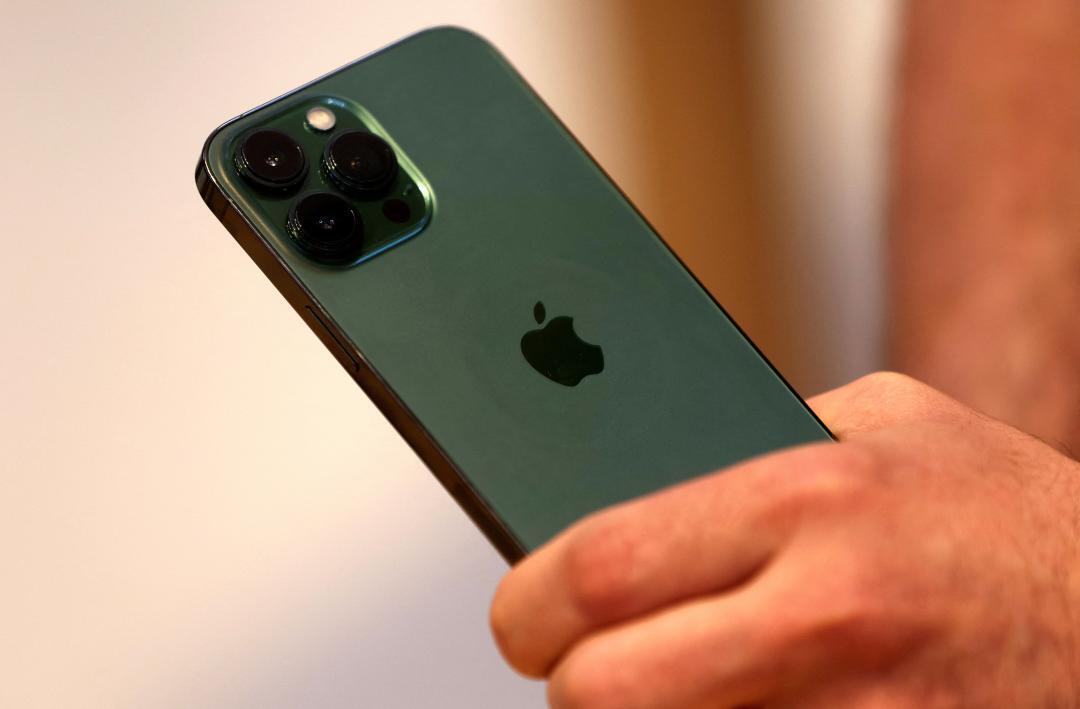
Apple, Croma asked to pay ₹65,264 for failing to fix iPhone defect
In a recent development, a Mumbai consumer commission has directed Apple and Croma, a leading electronics retailer, to pay a compensation of ₹65,264 to the heirs of a now-deceased customer for failing to resolve a microphone defect in an iPhone. The commission has also held both the manufacturer and the seller “jointly and severally liable for the defective product”.
The case dates back to 2019, when the customer, identified as Rakesh Jadhav, purchased an iPhone 7 from Croma’s store in Mumbai. However, shortly after the purchase, Jadhav noticed that the phone’s microphone was not functioning properly. Despite several attempts to fix the issue, Apple and Croma failed to resolve the problem, leading Jadhav to approach the consumer commission.
The commission, in its order, observed that Apple’s insistence on unauthorized modifications or damage to the phone’s hardware as the reason for the defective microphone was not a satisfactory resolution. The commission stated that “Apple merely mentioning certain unauthorised modifications or damage in hardware cannot be correct resolution” and that the company was responsible for ensuring that its products were free from defects.
The commission further observed that Croma, as the seller, was also liable for the defective product, as it had failed to provide a refund or replacement to the customer despite being aware of the issue. The commission stated that Croma had a duty to ensure that the products sold by it were free from defects and that it had failed to discharge this duty in this case.
In its order, the commission directed Apple and Croma to jointly and severally pay a compensation of ₹65,264 to the heirs of Rakesh Jadhav, who had passed away during the pendency of the case. The commission also directed the companies to pay an additional ₹10,000 as costs to the legal representatives of the deceased customer.
This order is a significant setback for Apple and Croma, as it highlights the importance of ensuring that products sold by them are free from defects and that they take responsibility for resolving customer complaints in a timely and satisfactory manner. It is also a reminder to customers that they have the right to seek redressal from the consumer commission if they are not satisfied with the resolution provided by the manufacturer or seller.
In recent years, there have been several instances of customers complaining about defects in Apple products, including the iPhone. While Apple has a reputation for producing high-quality products, it is not immune to errors and defects. In this case, the commission’s order sends a strong message to Apple and Croma that they must take responsibility for ensuring that their products meet the required standards and that they must resolve customer complaints in a timely and satisfactory manner.
The order is also significant because it highlights the importance of the role of consumer commissions in protecting the rights of customers. Consumer commissions play a crucial role in ensuring that consumers are protected from unfair trade practices and that they receive justice when their rights are violated. In this case, the commission’s order has provided a sense of closure to the family of Rakesh Jadhav and has ensured that they receive the compensation they are entitled to.
In conclusion, the order of the Mumbai consumer commission directing Apple and Croma to pay a compensation of ₹65,264 for failing to fix an iPhone defect is a significant development in the consumer protection landscape. It highlights the importance of ensuring that products sold by companies are free from defects and that companies take responsibility for resolving customer complaints in a timely and satisfactory manner. It also underscores the importance of the role of consumer commissions in protecting the rights of customers and ensuring that they receive justice when their rights are violated.



